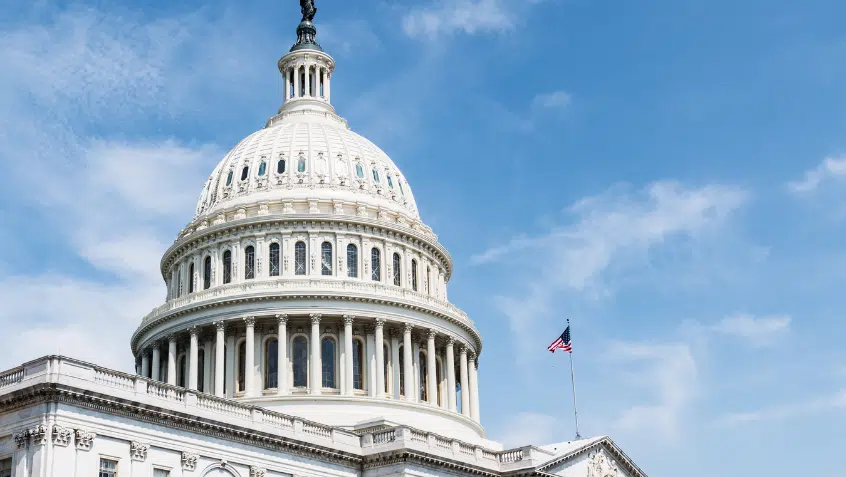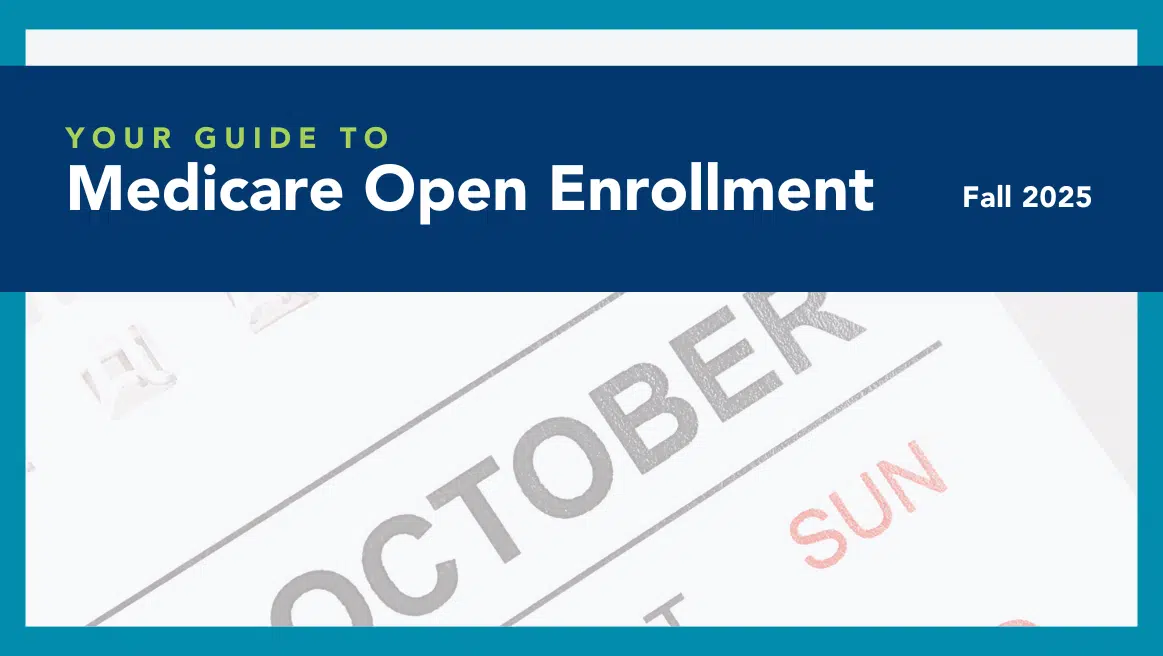Take Action: Tell your senators to reject harmful cuts to health care!
House-Passed Bill Would Put Millions at Risk of Losing Medicaid Coverage

Once again, some policymakers are attempting to add bureaucratic barriers to Medicaid that would put health coverage for millions of people at risk. Yesterday, the Republican-led House of Representatives advanced legislation linking a debt limit increase to harmful funding cuts and policies, including adding complex work requirements to Medicaid starting in 2024.
The evidence is clear that such requirements do not further the Medicaid program’s objectives, and instead create barriers to care and put coverage at risk. For example, a recent Kaiser Family Foundation (KFF) analysis shows that Medicaid work and reporting requirements are confusing to enrollees and can result in substantial coverage loss, even if they meet the underlying requirements. In an earlier report, KFF found that if all states implemented work requirements, most disenrollment would be among individuals who would lose coverage due to the new administrative burdens, rather than due to noncompliance with the actual work requirements. Many of these adults would become uninsured and pay more for health care.
The current work status of Medicaid enrollees highlights this risk. In 2021, 61% were working full or part time. An additional 11% were not working due to illness or disability, 13% due to caregiving responsibilities, and 6% because they were attending school.
Similarly, the Office of the Assistant Secretary for Planning and Evaluation (ASPE) within the Department of Health and Human Services (HHS) finds that most Medicaid enrollees aged 19-64 are either employed or have a disability (42% and 23% respectively), with a large proportion of the remainder working as caregivers of dependent children. ASPE reports that over 89% of working Medicaid enrollees are full-time, with an average of 34 hours of work per week.
When work requirements were put in place in Arkansas, thousands of enrollees (25%) lost access to Medicaid, many because they were unable to find work or adhere to the state’s onerous reporting standards. Previous ASPE analysis showed that adding work requirements to Medicaid created a barrier for eligible people to retain coverage: “Implemented in June 2018, Arkansas’ work requirement policy was in effect until March 2019, when a federal court halted it. During this period, approximately 18,000 beneficiaries were disenrolled from Medicaid due to noncompliance. Moreover, research suggests that more than 95 percent of adults in this population were already meeting the work requirements or should have qualified for an exemption.”
Adding Medicaid work requirements nationally could affect millions of enrollees. In assessing the current proposals, the Congressional Budget Office (CBO) estimates that around 15 million people would be subject to work requirements and in danger of losing coverage. HHS estimates that number would be closer to 21 million. The likely administrative burdens would be significant, partially because many adults with Medicaid do not use computers, the internet or email, which could be a barrier in finding a job or complying with policies to report work or exemption status. Adults over 50 face particular challenges in complying, and the health consequences if they lose Medicaid coverage are likely to be especially severe. Research has shown that for people with serious health needs, coverage interruptions lead to increased emergency room visits and hospitalizations, admissions to mental health facilities, and health care costs.
At Medicare Rights, we oppose all attempts to cut Medicaid, either through block grants and caps or through administrative hurdles like work requirements. We urge all policymakers to work instead toward fewer barriers and higher rates of coverage to promote better well-being, economic stability, and health for all.
Read more about how work requirements harmed Medicaid access in Arkansas.
Read the House-passed bill that would add work requirements to Medicaid.
Show Comments
We welcome thoughtful, respectful discussion on our website. To maintain a safe and constructive environment, comments that include profanity or violent, threatening language will be hidden. We may ban commentors who repeatedly cross these guidelines.
Help Us Protect & Strengthen Medicare.
Donate today and make a lasting impact.
The Latest
Most Read
Add Medicare to Your Inbox
Sign up to receive Medicare news, policy developments, and other useful updates from the Medicare Rights.
View this profile on InstagramMedicare Rights Center (@medicarerights) • Instagram photos and videos









